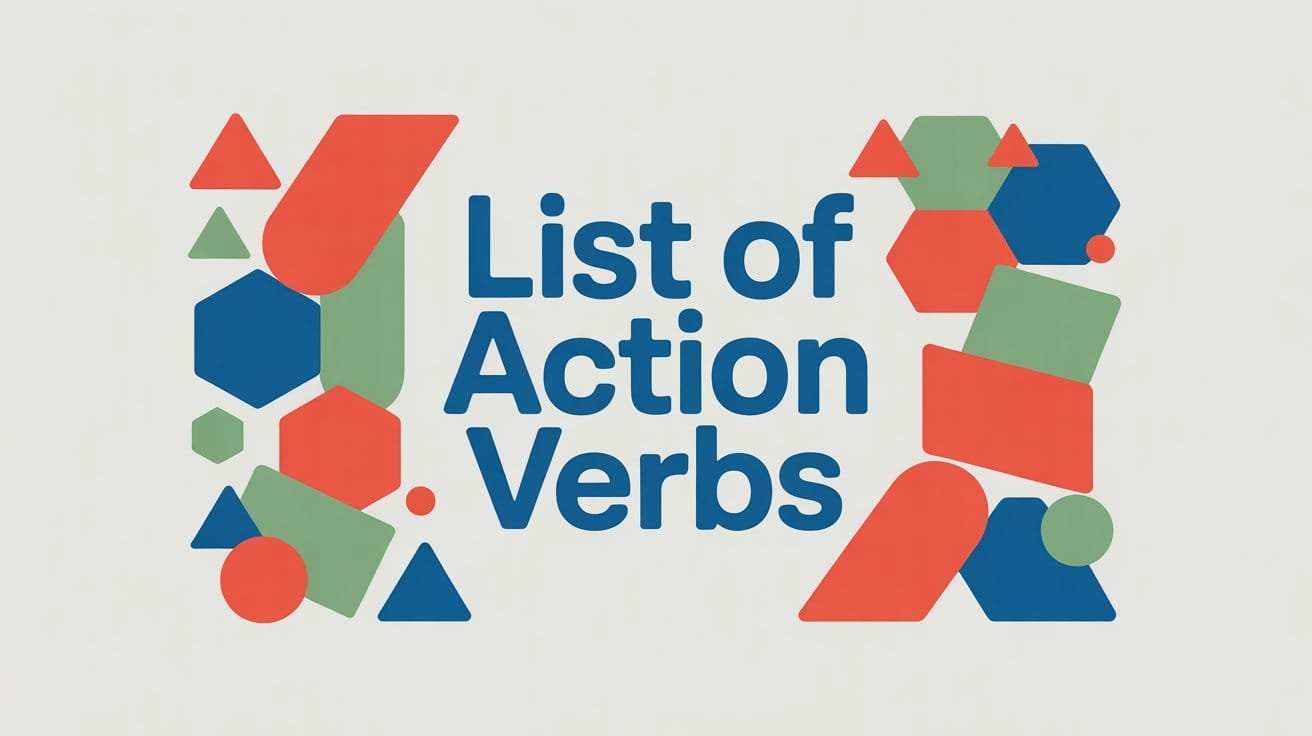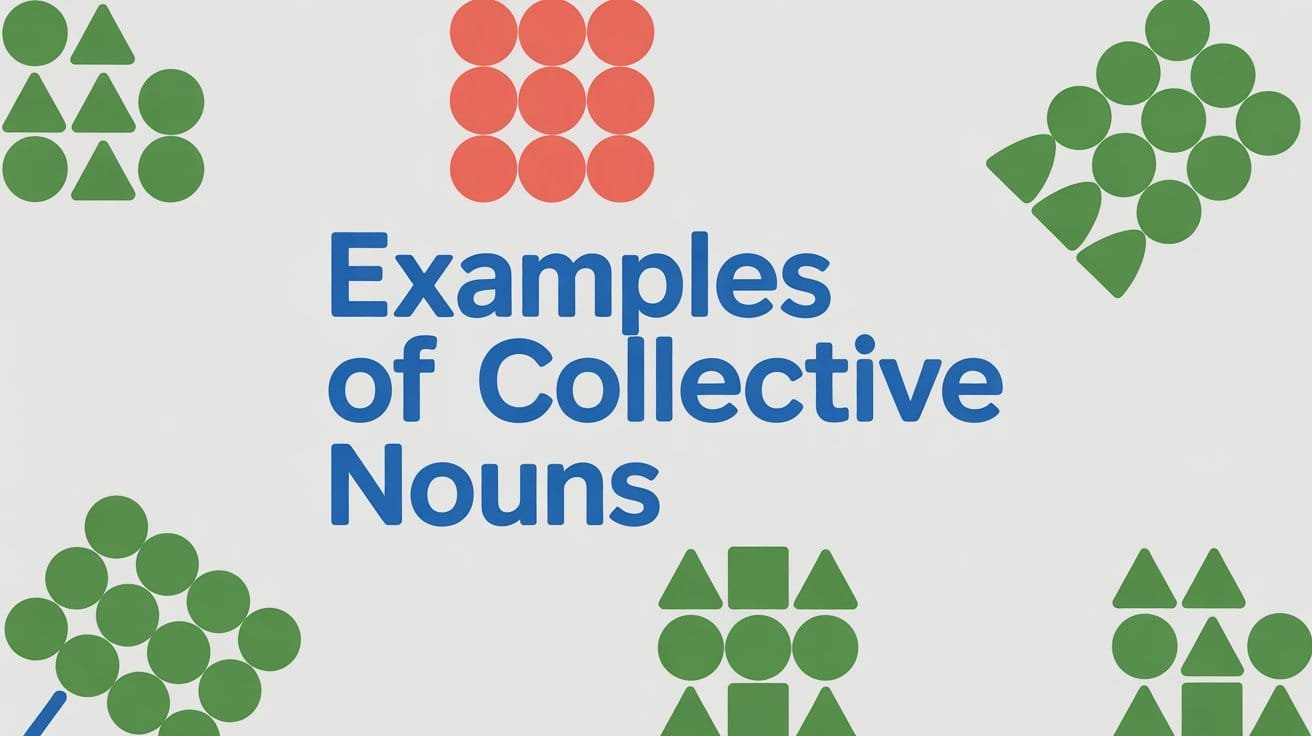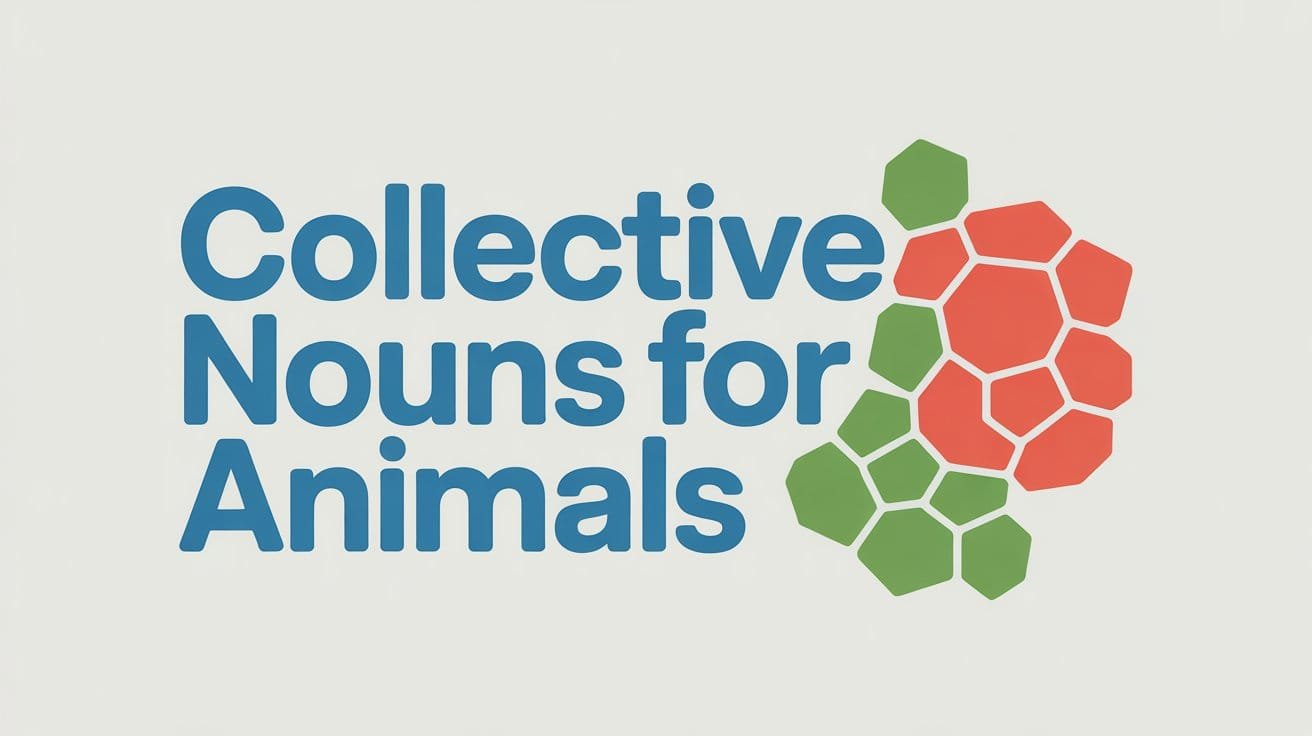Action verbs are essential in English because they show what someone or something does, either physically or mentally. Whether you’re writing a sentence, building your vocabulary, or trying to make your writing stronger, having a solid list of action verbs can help.
This article gives you a carefully grouped list of 100 action verbs, including both physical actions and mental actions, along with some vivid alternatives to basic verbs.
100 Action Verbs List (Grouped by Use)
This section includes 100 carefully selected action verbs, organized into three categories: physical actions, mental actions, and vivid alternatives that can strengthen your writing. These verbs are commonly used in conversation, storytelling, academic writing, and everyday descriptions.
Physical Action Verbs (50 Examples)
These verbs describe movements or actions you can observe:
| jump | lift | climb | walk |
| run | throw | catch | push |
| pull | carry | dance | sing |
| crawl | kick | dig | swim |
| hop | drive | write | draw |
| hit | clap | wave | sit |
| stand | travel | skate | fold |
| pour | open | close | knock |
| shake | build | clean | drop |
| fix | grab | roll | drag |
| smile | frown | stare | point |
| march | chase | jumpstart | nod |
| shovel | zip |
Mental Action Verbs (30 Examples)
These verbs express internal thought, decisions, or feelings:
| think | guess | decide | consider |
| remember | forget | believe | wonder |
| prefer | question | recognize | realize |
| know | notice | imagine | understand |
| doubt | expect | wish | assume |
| examine | explore | judge | brainstorm |
| conclude | reflect | analyze | plan |
| evaluate | anticipate |
Stronger Alternatives to Common Verbs (20 Examples)
These are vivid verbs you can use instead of basic or overused ones:
- sprint (instead of run)
- grasp (instead of hold)
- whisper (instead of say)
- demand (instead of ask)
- hurl (instead of throw)
- slam (instead of close)
- stomp (instead of walk)
- swipe (instead of take)
- seize (instead of grab)
- peer (instead of look)
- dash (instead of run)
- snatch (instead of pick up)
- march (instead of walk firmly)
- chuckle (instead of laugh)
- sob (instead of cry)
- toss (instead of throw lightly)
- glance (instead of look quickly)
- yawn (instead of open mouth wide)
- nudge (instead of push gently)
- blur (instead of make unclear)
Action Verb Definitions and Examples
Below are selected action verbs from the list above, each with a short definition and a sentence example. These help show how the verb works in everyday English.
- Sprint – to run at full speed over a short distance.
Example: He sprinted across the street before the light changed. - Grasp – to hold something firmly.
Example: She grasped the edge of the table to steady herself. - Whisper – to speak very softly.
Example: They whispered secrets during the lecture. - Dash – to move quickly or suddenly.
Example: I dashed to the kitchen when the timer went off. - Wonder – to think or be curious about something.
Example: I often wonder what life would be like in another city. - Prefer – to like one thing more than another.
Example: He prefers tea over coffee. - Snatch – to take something quickly and roughly.
Example: The child snatched the toy from the shelf. - Stare – to look at something for a long time.
Example: She stared out the window without blinking. - Reflect – to think carefully about something.
Example: He reflected on his decision before responding. - Analyze – to examine something in detail.
Example: We analyzed the results before making changes.
How to Use Action Verbs in Writing
Using action verbs effectively can make your writing clearer, more direct, and more engaging. Whether you’re writing an essay, a story, or a formal email, choosing strong verbs helps your reader understand exactly what’s happening.
Here are a few tips to improve your writing with action verbs:
Be Specific, Not Generic
Instead of using a vague verb like do or make, try replacing it with something more precise.
- Weak: She did her homework.
- Better: She completed her homework.
Replace Repetitive Verbs
If you’re always using verbs like walk, say, or go, try swapping them out for more vivid choices.
- Instead of walk: use march, stroll, tiptoe, or wander
- Instead of say: use explain, whisper, complain, or shout
Match the Tone and Purpose
For academic or formal writing, choose verbs that are direct and accurate. For storytelling or creative writing, vivid verbs can bring energy and imagery to your sentences.
- Academic: We analyzed the data carefully.
- Narrative: She hurled her bag onto the couch and sighed.
Use Strong Verbs in the Active Voice
Whenever possible, use active voice to keep your sentences clear and focused.
- Passive: The door was opened by the guard.
- Active: The guard opened the door.
Strong action verbs help your writing sound more confident and easier to follow.
FAQs
What are strong action verbs?
Strong action verbs are specific and vivid verbs that clearly describe what the subject is doing. Examples include sprint, grasp, demand, and stare. These verbs replace weaker or more general words like do, make, or go.
Are all action verbs physical?
No. Action verbs can be physical or mental.
Can a verb be both mental and physical?
Yes. Some verbs can function as either, depending on the sentence.
Physical: He looked through the binoculars.
Mental: He looked confused. (This can also act as a linking verb.)




IT was realy helpful for me